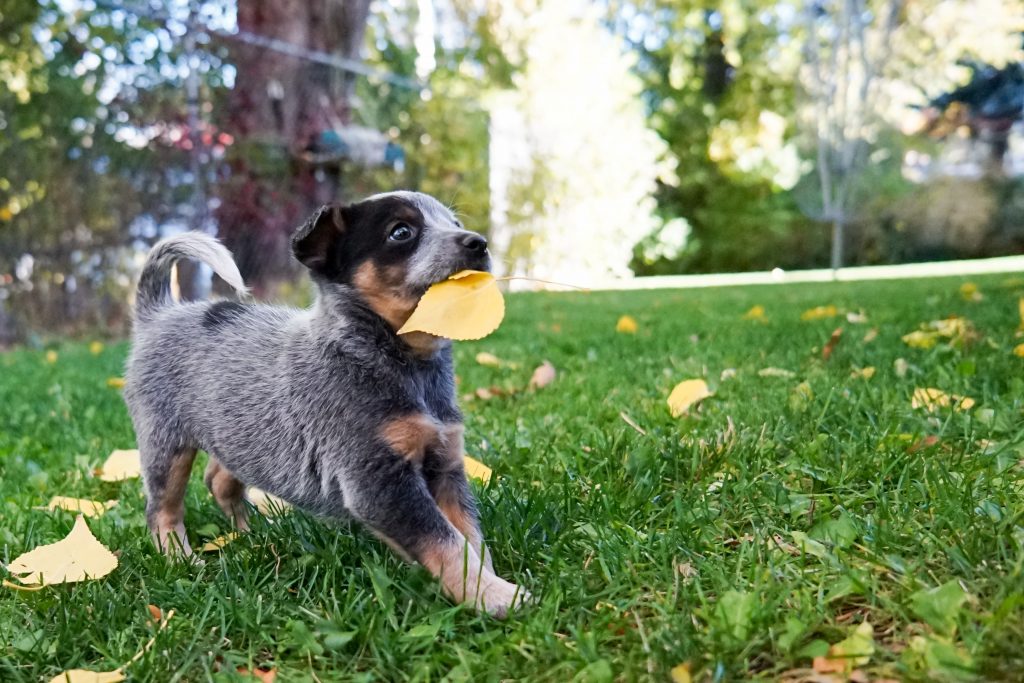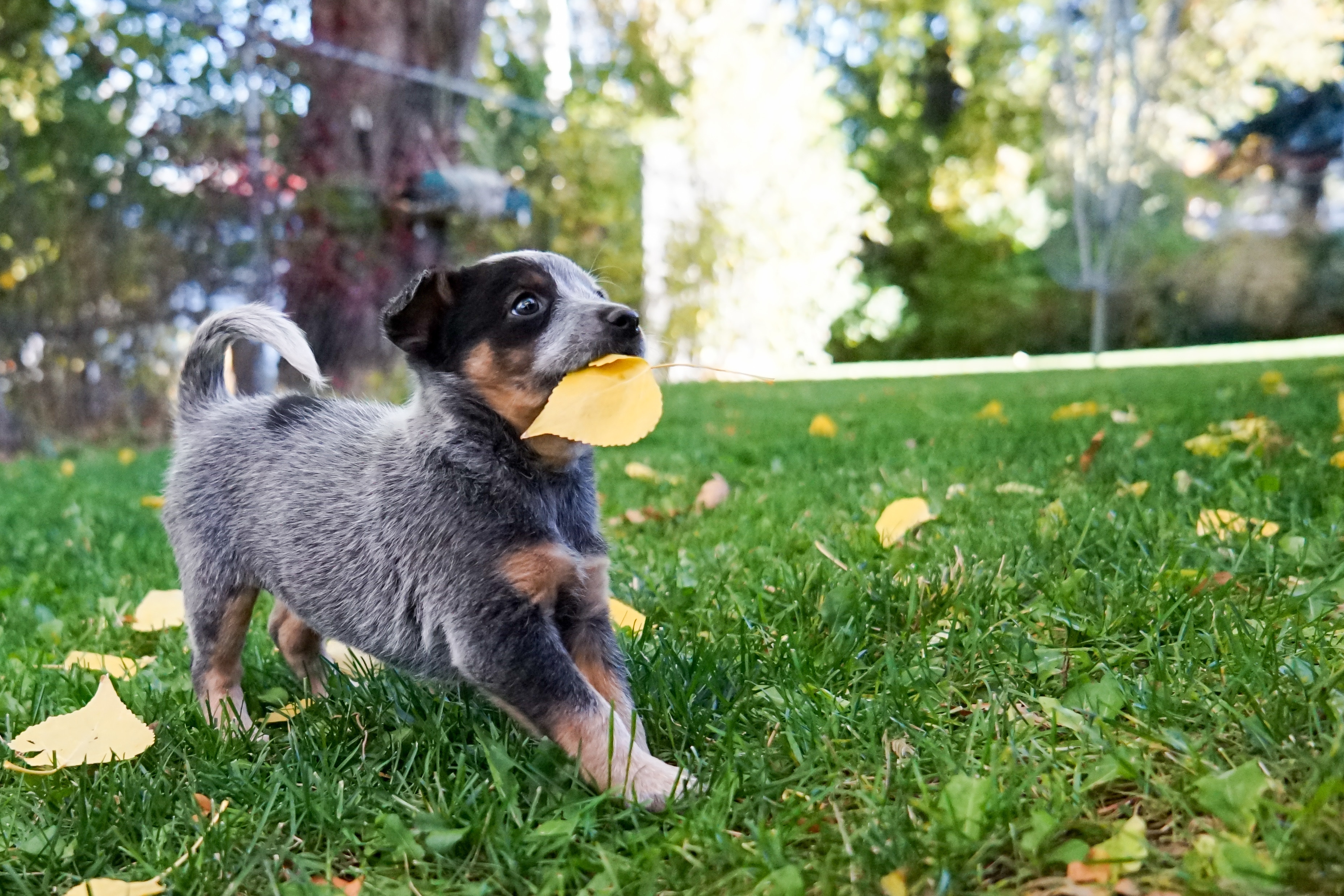
It’s 2018 and many of you will be welcoming a new puppy into your life and looking for tips on the best way forward. First of all, don’t delay, book into a reputable training class as soon as you can. Positive training will help you bond with your pup, establishing clear communication and boundaries. With very young pups focus first on socialisation and housetraining and then separation training- but be sure you know what all these terms mean. The following are just the headlines for the new puppy owner. For the in-depth information you’ll certainly need, get a good puppy primer. Gwen Bailey’s book The Perfect Puppy is excellent. Ensure you join a good class or have one to one sessions with a qualified trainer.
Daily structure. Have a strict daily regime, with short bursts of play, training, feeding and lots of sleep. The habit of switching off and resting should be instilled early and resting pups should be left well alone. A crate or den, with a blanket thrown over to block light and noise, creates the right conditions for rest.
Socialisation. This is all about carefully introducing your pup to ‘life’ and new things, teaching him to accept them without fear. It is not about letting your pup run wild with other dogs in the park, though learning about other dogs is vital. Novel experiences may range from people in sunglasses to children, traffic noise, and even household appliances. A good breeder will start the socialisation process in the nest, but this will be ongoing for the first few years of your new dog’s life. Read up about socialisation and seek advice. Go carefully, don’t overwhelm your pup with new things, give him time to process and adapt.
Separation. Young pups have no concept of being alone, this is alien and scary for them. A puppy pen is a great way to start separation training. You’ll teach the pup he cannot shadow you all the time and that you always return even if you disappear for a few seconds. Slowly build up the time your pup is left alone in one part of the house before you venture outside the house. Ensure your pup is sleepy and ready to snooze before separation periods. Leave him with a nice chew or stuffed Kong.
Housetraining. Let your pup out to toilet every two hours from early morning to last thing at night. At this age the undeveloped bladder and brain is still learning to ‘hold’. The more he goes outside, the more he’ll want to go outside. Clean any accidents with an enzymatic cleaner, so he does not mess in the same place again. Limit where he can go in the house, unless you are there to supervise. A puppy pen will help.
Chewing. Ensure your pup has lots to chew, this helps with teething, calming and sleep. There are lots of good chews on the market and a decent local pet shop will advise. Pups with nothing to chew will chow down on the first thing to hand- including you and your kids!
Playbiting. All pups go through a nippy phase. This is not aggression, it is how they play with each other in the litter, but needle-sharp puppy teeth hurt. Teach your pup early that teeth on human skin or clothing is forbidden- unless ever so gentle. The posh name for this process is bite inhibition. Make sure you learn about it. Any good training class or behaviourist will show you how.
On lead exercise. New owners may over-estimate how much exercise a pup needs and attempts to tire him with route marches fail, producing an overstimulated, hyper-stressed monster. 5 minutes on the lead, twice a day, for every month of life, is a good rule of thumb. Brain work and interactive play is better than endless free running. In the first few months view walking on lead as training and play as exercise.
Leonie St Clair|www.londondogstraining.co.uk
This article first appeared in the January 2018 issue of SE22 magazine.

